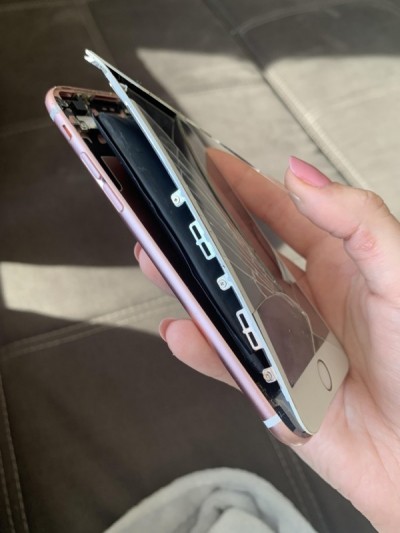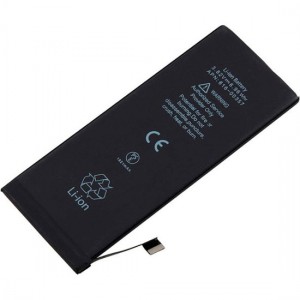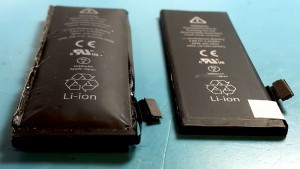Battery Maintenance and Reliability:
We have been getting a lot of questions about battery health and the best practices to keep batteries from failing prematurely. The primary reason batteries fail is overtime a plague builds up on the terminals limiting the amount of lithium ions returning to the store of the battery. This is why cycle rates are so import to battery life. (cycle count: discharged to charged).
Lets address some of the most common questions and concerns.
Does plugging my phone in overnight cause the battery to fail faster: The unsatisfying answer. Kinda… Any smart device will charge the battery to 100% and then while at that state trickle power in to keep the battery topped off. While it is doing this the battery is in high stress and can shorten the life of the battery over time. However, it is unclear just how much this practice does shorten the battery overall life. The convenience of charging overnight for most consumers doesn’t warrant changing this habit. And manufacturers have notices, utilizing software to track charging habits and charge a device slower so that it reaches the 100% state closer to when the consumer would disconnect it from charging. With all that said, the devices most effected by this are laptop batteries as they tend to stay on power longer which puts batteries in long term high stress situations and noticeable shortened life expectancy.
Will using my extended battery case damage the battery: Yes. But not so much if used correctly. As we highlighted in the questions before, trickle charging a fully charged battery puts the battery in high stress which effects its lifespan. If used correctly, battery cases can be great. Only using to provide power to the device when very low or in emergency situations.
Is my battery going to blow up?: No… well, probably not. Li-ion batteries explode/catch fire when the cathode and anode make contact and cause a thermal runaway. This is often a result of poor quality control or bad design like with Galaxy S7 Batteries. There is little the average consumer can do to avoid this as the battery itself is often at fault. Exposing a device to extreme temperatures can cause this as well. However, recent incidents with lithium batteries has cause the smart device manufacturers to be more careful in design. You should be concerned if you see that your battery is getting very hot or starting to swell. At that point you should take your device to a professional for servicing.
I was told that my battery can’t be replaced: Any battery can be replaced. Some easier than others, but any battery can be replaced. That said, some manufacturers (Apple) are adding arbitrary serial numbers to their batteries that will tell the consumer that the battery is non authentic in settings, even if replaced with an actual Apple battery. This is an issue for a separate post in coming weeks. Other manufacturers just have poorly designed devices that make them impossible for average consumers to replace on their own and should be taken to a professional.
The future of batteries is tricky. The mining and production of Li-ion batteries is extremely toxic to the environment and the disposal and recycling is as bad. Prolonging the life of current Li-ion batteries is important and finding a cleaner, safer replacement is crucial.
Always remember, iGenie is here to answer any questions as best we can.







Recent Comments